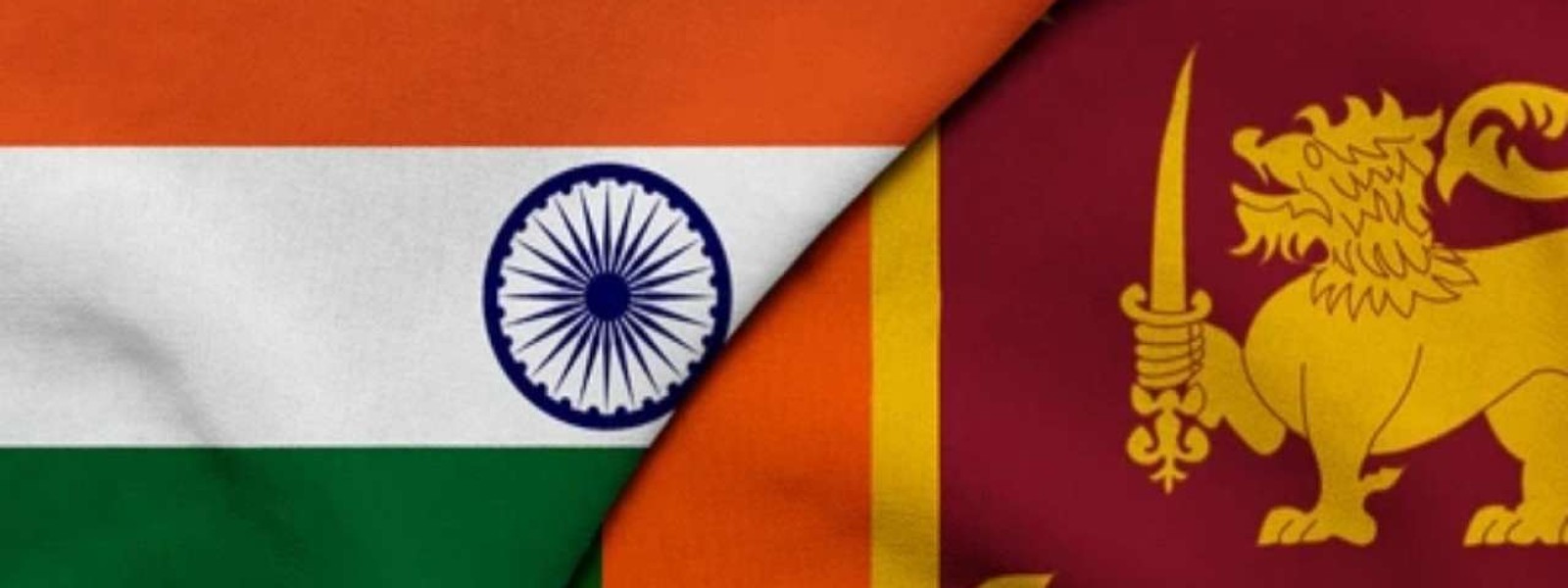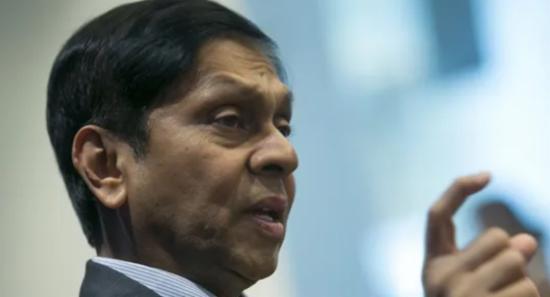.webp)

India's stringent call in Geneva for 13A - What is the 13th Amendment?
COLOMBO (News 1st) - India has called for full implementation of the 13th Amendment to Sri Lanka's Constitution, the controversial 1987 amendment that has never been completely implemented for 35 years due to vehement opposition from many of the country's Sinhala-dominated political parties.
But what is the 13th Amendment that India's representative to the United Nations Human Rights Council highlighted, something that was drafted long before most Sri Lankans and Indians of today were even born? Here's a look.
13A:
Up to 1987, Sri Lanka was ruled from Colombo by a central government, which resulted in areas far from the capital being virtually ignored in development programs and day to day governance. The 13A, as it became known, required devolution of powers to nine Provincial Councils - Northern, Southern, Eastern, Western, Central, Northcentral, Uva, Sabaragamuwa and Wayamba (Northwestern). It mandated the holding of Provincial Council elections. Perhaps most controversially, it required a referendum in the Northern and Eastern Provinces to place the question of merging these two provinces in the hands of the population in these regions. With the North and East having a majority Tamil population, the merger was expected to be approved. But the referendum was never held.
The 13th Amendment was passed after the signing of the India-Sri Lanka Peace Accord, as a direct result of Indian intervention in Sri Lanka's civil war,. Signed in July 1987 between then Indian Prime Minister Rajiv Gandhi and then Sri Lankan President J.R. Jayewardene, the accord was aimed at resolving the country's ethnic conflict between the armed forces and the Liberation Tigers of Tamil Eelam (LTTE), which demanded a separate state in the Northeast.
The 13th Amendment led to the passing of the Provincial Councils Act, the creation of nine Provincial Councils and the Sri Lankan government committing to a power-sharing arrangement to enable self-govern for all nine provinces in the country, including the seven Sinhala majority provinces. If implemented fully, the provincial councils would have the right to self-govern over key areas such as education, health, agriculture, housing, land and police. The amendment was vehemently opposed by both the Sinhala nationalist parties and the LTTE.
13A also required Tamil to be made a National Language of Sri Lanka in addition to Sinhala in an attempt to roll back the controversial 'Sinhala Only Act' of 1959.
Why it was never fully implemented:
The amendment has never been fully implemented because of opposition by political parties that rely on Sinhala vote bases, who view 13A as an imposition by India in Sri Lanka's internal affairs. Only a few subjects such as education and health have been partially devolved. However, the ethnic Tamil political parties have repeatedly called for its full implementation.
India has since 1987 been urging Sri Lanka to implement 13A the amendment. Ironically, the LTTE also opposed 13A and the Indian government in 1987 sent a large military contingent, the Indian Peace Keeping Force (IPKF), to enforce the Indo-Lanka Accord and pave the way for the implementation of 13A. This led to a bitter war in the North and East between the LTTE and IPKF, with the Indian military being withdrawn in 1990 after suffering over 1,100 soldiers killed, often referred to as 'India's Vietnam'.
The Indo-Lanka Accord and 13A also sparked the rise of the bloody 1989/90 insurrection by the Janatha Vimukthi Peramuna (JVP) which led to an even more violent government crackdown that left over 50,000 people dead.
An issue that never died:
In November 2019, when then Sri Lankan President Gotabaya Rajapaksa visited India for the first time after taking office, the sticky issue of !3A was sidestepped, as both sides attempted to reset ties.
Subsequently, India's External Affairs Minister S. Jaishankar and Foreign Secretary Harsh Vardhan Shringla also urged the Sri Lankan government to adhere to the commitments made on the reconciliation process by way of meaningful devolution under the 13th Amendment during their visits to Sri Lanka. India has also raised the issue at many multilateral fora.
Last February, while New Delhi abstained from voting on a UNHRC resolution in Geneva that called for punitive actions against Sri Lanka for alleged war crimes committed during its decades-long civil war, India’s Permanent Representative to the UN Indra Mani Pandey stressed that Tamil rights must be respected by Colombo in the form of the implementation of 13A.
Report filed with inputs from Zulfick Farzan, Senitha Senanayake, Ruhaza Irfan
Other Articles
Featured News





.png )
-819097_550x300.jpg)











-812087_550x300.jpg)
-810262_550x300.jpg)
-809496_550x300.jpg)
















.gif)